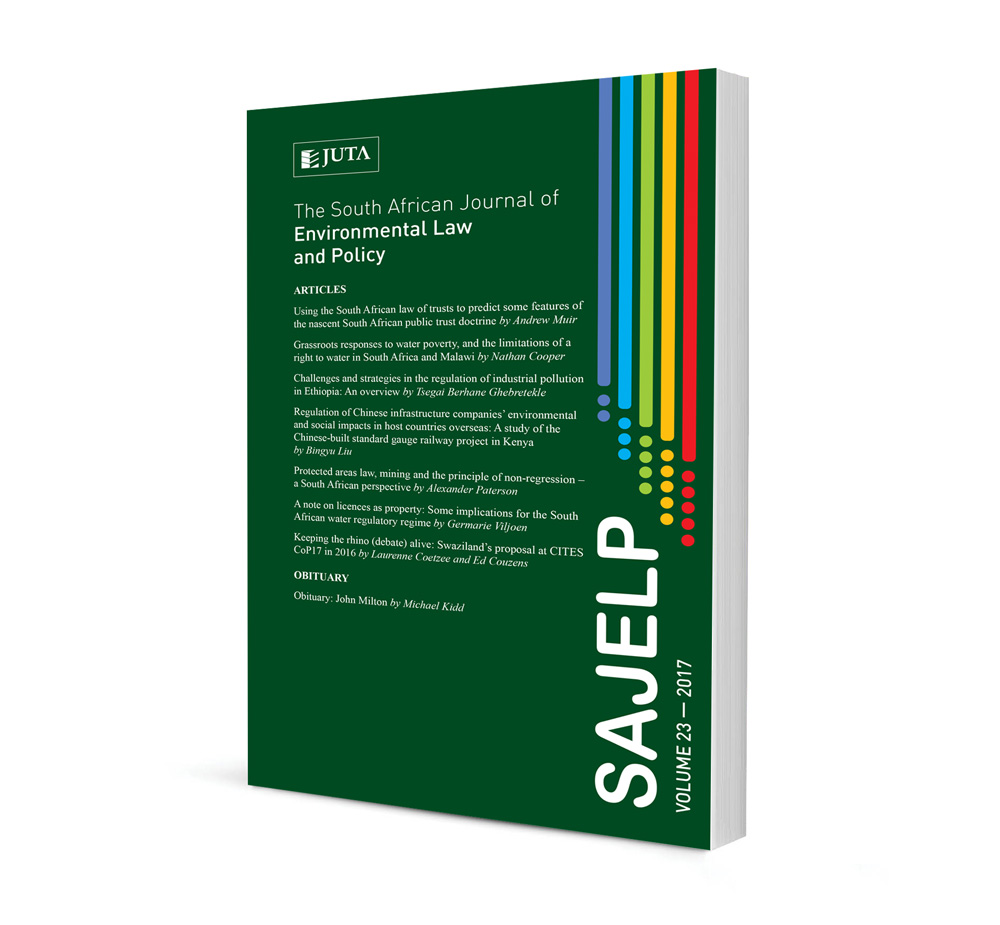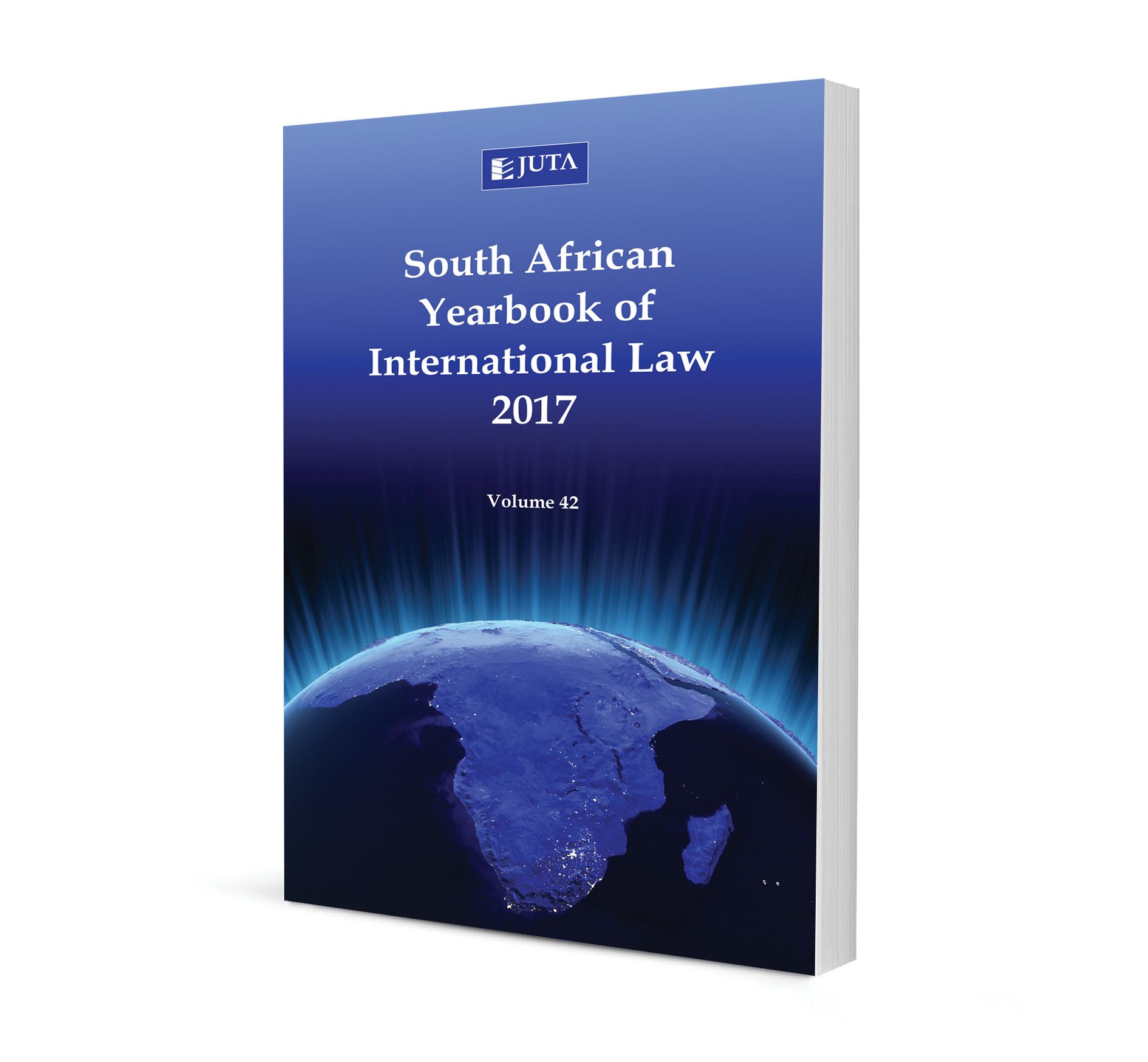Drawing the Short Straw: Regulating Plastic Pollution in South Africa

Drawing the Short Straw: Regulating Plastic Pollution in South Africa
Author Olivia Rumble
ISSN: 2616-8499
Affiliations:
Source: South African Journal of Environmental Law and Policy 2019, p. 102 – 145
Abstract
Many parts of South Africa’s inland and coastal areas are awash with plastic pollution. At present, government appears to be focusing its efforts on four priorities to address plastic pollution, namely: the plastic bag levy, extended producer responsibility measures, the potential ban of problematic plastic products and domestic waste service provision. This analysis seeks to critically analyse the approach adopted in relation to these priorities with a view to proposing refinements and alternatives, within the broader context of the nuanced statutory mechanisms available to manage waste under the National Environmental Management: Waste Act 59 of 2008 (Waste Act). It does so by attempting to delineate the primary causes and contributing factors to plastic pollution; outlining the existing regulatory landscape, and interrogating these priorities and the manner of their application within that context. It concludes that whilst some traction has been made, some ten years after the Waste Act’s promulgation, a lack of policy coherence and ambition, knowledge gaps, disputes relating to financial models, and uncertainty about the socio-economic implications of measures are hampering the timeous implementation of much needed statutory measures.
